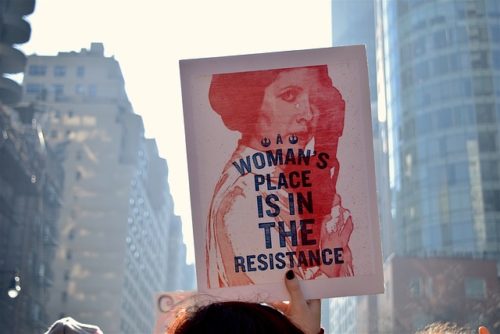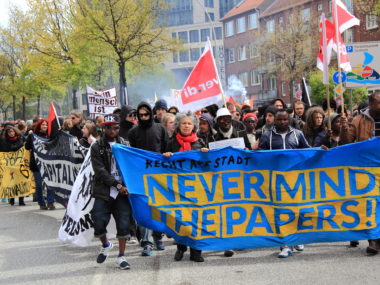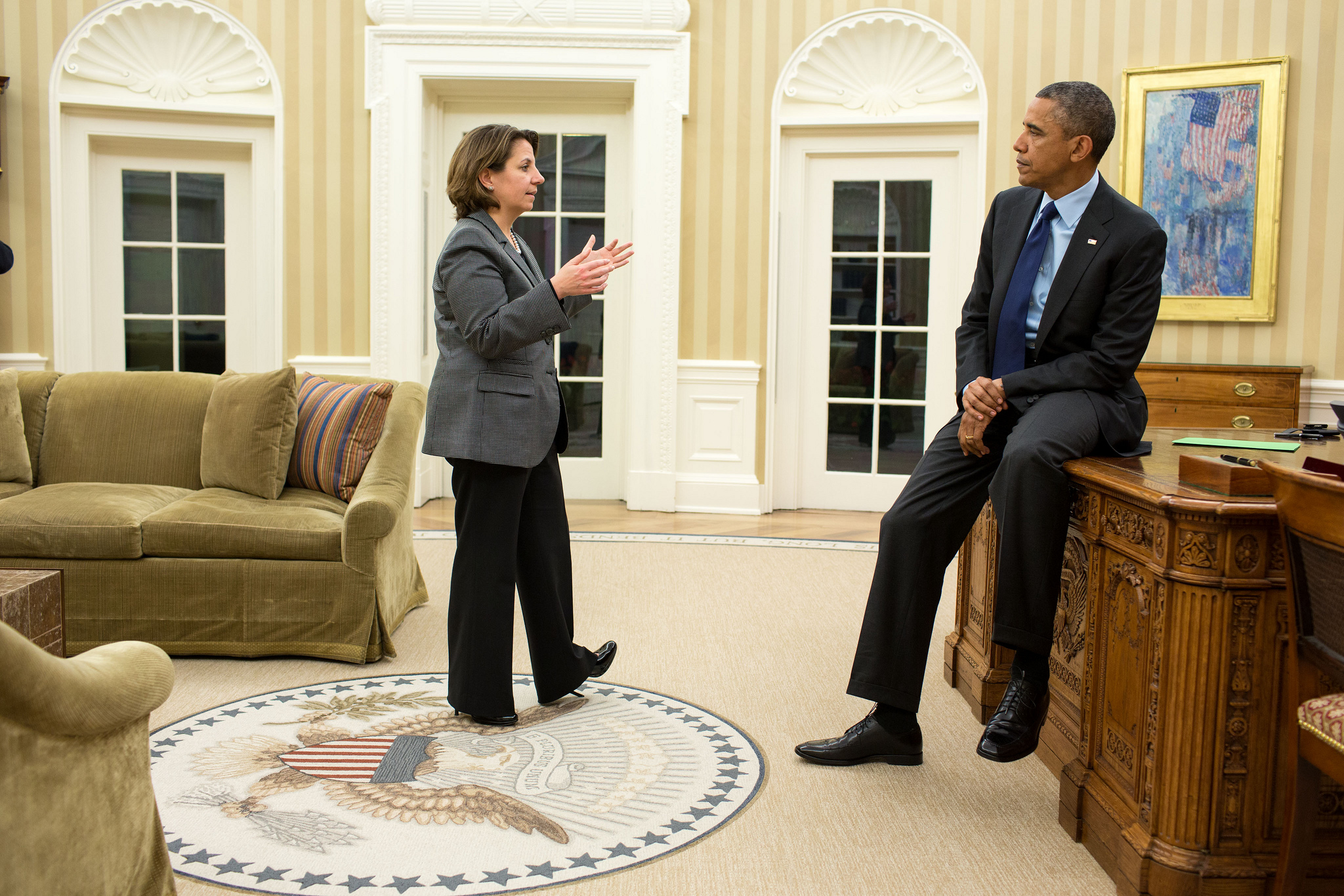By Deborah Avant for Denver Dialogues
The initial incredible outpouring of stories under #metoo resulted in feelings of solidarity among women and empathy among men. But the movement has begun to elicit backlash. After an initial foray with #iwill, some men began to wonder if they should cancel the holiday party or avoid women at work altogether. David Greenberg warns us not to apply our newfound standard to historical moments built on a different mindset. Have we reached a dangerous tipping point where men can lose their jobs without due process? Is this a warlock hunt, a moral panic that will harm women as much as men? Are we all having private misgivings?
While I appreciate these warnings, I think they focus on the more facile elements of the movement. Rather than casting doubt on the #metoo idea, let’s more clearly articulate what we oppose. It is not sexual interaction. It is how sexual overtures or innuendo are used as performative tools for gaining power. Limiting this behavior holds benefits for women but also for many men.
Those airing concerns about #metoo conflate misunderstood human connection (happens all the time and unavoidable) and sexualized power (more malleable to changing societal norms). The concerns women in my field have unearthed are much less about the former than the latter. The women I know in the national security community are not necessarily objecting to a kiss–or even a grab as Claire Berlinski worries. They are objecting to comments implicating their sexuality in a serious briefing. “How old are you” one three-star general asked Nora Bensahel, then “how are you qualified to be here” and finally “you look like that actress”. Rosa Brooks’ introduced herself to a two-star general in her new job only to be told how “hot” her boss (Under Secretary of Defense Michelle Flournoy) was. In professional contexts these comments are not personal advances, they are performances to enhance one person’s power by referencing, and reinforcing, a sexualized power structure. Power and masculinity are tightly connected in our society, a connection that holds dangers.
Though our focus has been on the danger it poses to women, this sexualized power structure also menaces men. It reinforces a one-dimensional notion of manliness that many men do not fit. The sensitive boys, the “unathletic sons,” the nerds, to name a few. Men who do not fit this “manly man” model often suffer bullying or hazing because of their less than manly demeanor. Some try to avoid this by performing their manliness to prove their chops. This is likely one component of the Toxic Geek Culture that besets gaming communities and technology more generally.
I can’t help but wonder whether Al Franken was drawn to the low hanging sexualized stunts in order to show that he too was part of the “powerful” male club despite his nerdy appearance and interests. The performance of his sexuality entailed an attack on women’s power but would he have chosen a different route had the performative power attached to exerting his sexuality been less accepted?
This is not to excuse Franken’s behavior or anyone else’s. But in addition to individual responsibility we need to recognize the structures that tempt it. If #metoo can make performative sexual power less acceptable, if it helps create norms where reference to women’s bodies is not a tool for garnering power, it may also leave men who do not fit the manly model more room to operate and have greater influence. I look at my husband, my brother, my father, my sons and see people who do not fit this model. Indeed, many of them feel alienated by it–and increasingly uncomfortable about what “boys will be boys” allows (perhaps most dramatically illustrated by who is in the White House). Many men would be more comfortable to have a broader set of dimensions considered male, human, and powerful.
This will not be a panacea. Some who act in boorish ways are simply inclined to it and we will never rid ourselves of all the boars. But why call boorish behavior manly? Breaking down structures that see boar-like behavior the manly ideal (and the surest route to power) may allow men and women to see manliness as part of humanness, a more balanced mix of gender types. It may enhance our appreciation of different routes to power: articulating ideals that bring people together (Obama), demonstrating empathetic leadership (Pope Francis), or building technical futures (Bill Gates), among many others. It already is helping men be better allies by noticing behavior that contributes to an unfair gender structure.
Calling out sexualized power surely does also open nefarious opportunities for women. Some women will no doubt use this power in ways that Claire Berlinski and Daphne Merkin worry about. But I do wonder if concerns about this shift are similar to discomfort with the Last Jedi: it just doesn’t seem right for women to have access to sexualized power. To me, the risk of introducing toxic femininity is bearable and I see no reason why we can’t disapprove of performative uses of sexualized power by both men and women. But let’s not miss the #metoo opportunity to undermine legitimacy of these performances and recognize how this will benefit men as well as women.







